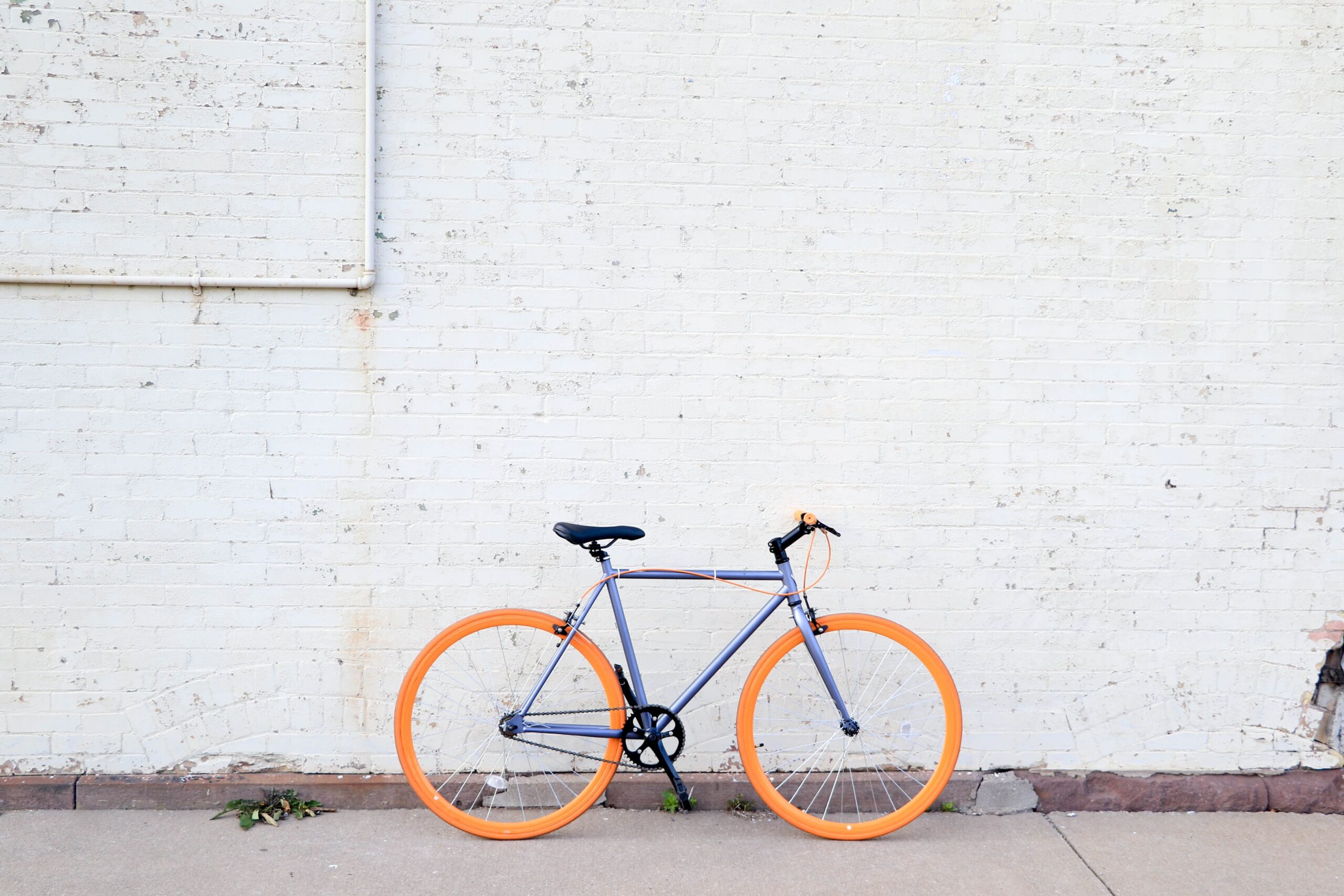Last week’s post on the small things that can frustrate a bike commute provoked a lot of responses from Footprint readers.
Hills, distance, reckless drivers, lack of bike lanes, no showers at work… it’s a long list. For my part, I got over the hump (literally) and took the bike route around the huge hill, giving me a longer, shallower hill, but at least it’s possible. And as Michael and others observed, I’m going to be pretty fit if I take it on every day,
It really does feel good to be out on the bike rather than crammed into the Muni first thing in the morning (and the ride being mostly downhill on the way in helps, I guess). So I felt a little smug when I saw MyCommuteSucks.org and read some of the stories there. But lucky too, I suppose. I’ve only really lived in three cities in my life — Edinburgh (Scotland), London and San Francisco — and each takes bicyclists and alternative transportation pretty seriously.
My Commute Sucks is a project of Transportation for America. It encourages users to post horror stories about their daily commutes and invites them to sign a petition for Congress. It’s a great way of aggregating details of some of these barriers to better commutes — especially public transportation and cycling. The internet must be littered with comment threads like last week’s, full of frustrated would-be cyclists, train travelers or bus riders. Is complaining in comment threads really going to help?
Which leads me (finally) to Copenhagen and the title of the post. Earlier in the month Adam noted another of the Danish capital’s clever bids to encourage more cycling with a novel digital display counting the number of bikes to pass along a particular road. It’s the latest in a long series of infrastructural and incentive-driven initiatives to get more people on their bikes. According to Copenhagenize.com, 40 years ago the city was just as car-clogged as anywhere else. Today 36% of the city’s population chooses to ride and their biggest concern is the appearance of the dedicated bike lane street sweeper. *[Ed: their bike lanes get swept specially?!]*
We can save the full history of Copenhagen’s transformation to bike capital of world for another post, but there’s one innovation worth highlighting: we’ve commented here on the new bike sharing programs in Paris and elsewhere. Denmark’s free bike-sharing scheme began in 1991 when 5,000 bicycles were placed in bike racks throughout the city.
So if you want to see progress, get that bike-sharing scheme up and running. If all goes to plan, who knows, maybe in 18 years’ time you’ll have dedicated bike lane sweepers.
Brought to you by terrapass.com
Featured image







